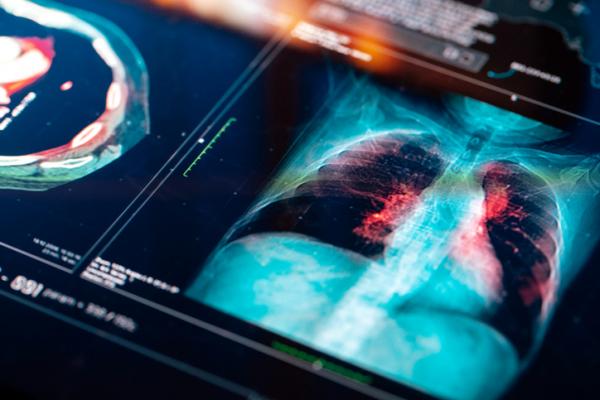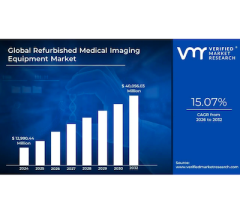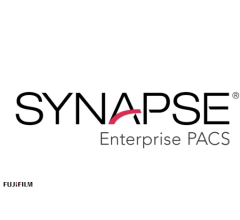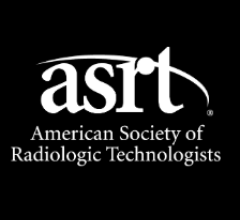
Getty Images
March 9, 2021 — Final U.S. Preventive Services Task Force (USPSTF) recommendations to lower the initial age and smoking history requirements for lung cancer screening (LCS) reconfirm the lifesaving ability of these tests and present an opportunity for providers to re-engage screening age patients to save more lives.
The American College of Radiology (ACR) urges the Center for Medicare and Medicaid Services (CMS) to quickly update its LCS National Coverage Decision to reflect the USPSTF changes. This combined USPSTF and CMS action would enable the medical community to strike a blow against the nation’s leading cancer killer by using LCS screening to its full advantage.
Screening eligibility expansion should spur more providers to start conversations with eligible patients that can ease lung cancer outcomes disparities — particularly among women, Black men and those in rural areas.
Annual lung cancer screening with low-dose computed tomography (LDCT) in high-risk patients significantly reduces lung cancer deaths. Sadly, less than 15% of Americans who met previous USPSTF lung cancer screening criteria are tested each year. Given that the American Cancer Society predicts 131,880 lung cancer deaths in 2021, more-widespread screening could save 30,000–60,000 lives in the United States each year.
“Lung cancer kills more people each year than breast, colon and prostate cancers combined. Particularly with the expanded screening thresholds implemented nationwide, this cost-effective test can save more lives than any cancer-screening test in history. I urge primary care providers and pulmonologists to use this new information to start screening conversations with their recommended patients today,” said Debra Dyer, M.D., FACR, Chair of the ACR Lung Cancer Screening Steering Committee.
The underuse of LCS may, in part, be due to a large overestimation of LCS false-positive rates, which inflates assumptions of potential harms. The false-positive rate in clinical LCS practices using Lung-RADS structured reporting is 7–8% — similar to screening mammography. It is critical that physicians are up-to-date on current information so they can engage with their patients to make informed screening decisions.
“The Affordable Care Act mandates that private insurers incorporate updated USPSTF guidelines into coverage within one year. The healthcare community and advocates must contact insurers to get these changes implemented as soon as possible so that primary care providers and thoracic specialists can act on the lower starting age and more-inclusive pack-year threshold to order these scans for their high-risk patients,” said Ella Kazerooni M.D., MS, FACR, Chair of the ACR Lung-RADS committee and Lung Cancer Screening Registry.
For more CT lung cancer screening information: RadiologyInfo.org, NLCRT.org and ACR Lung Cancer Screening Resources.


 February 06, 2026
February 06, 2026 









